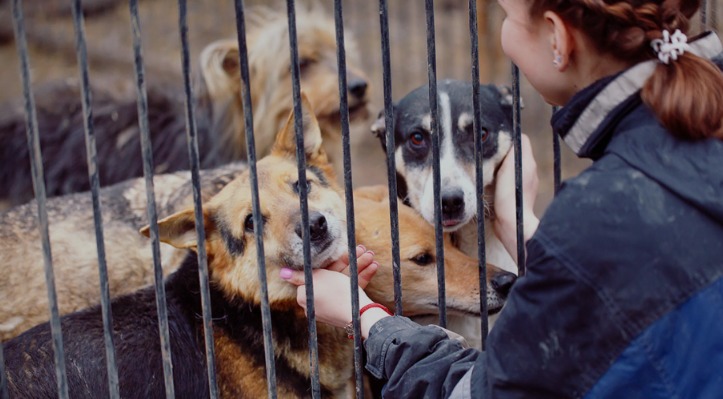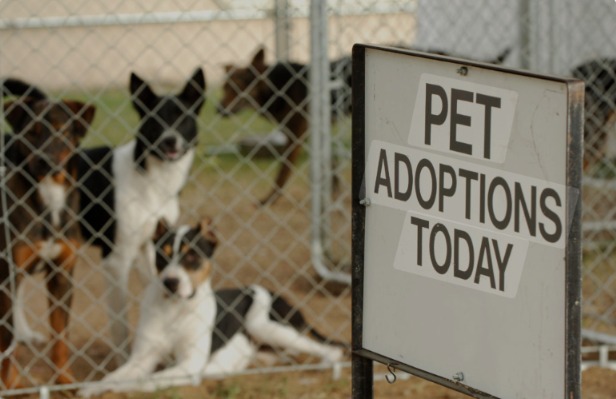
You know that feel-good buzz when a puppy licks your face or a cat purrs in your lap?
Turns out, that joy isn’t just cute—it’s healthy. Volunteering at an animal rescue does more than brighten an animal’s day.
It brightens yours, too. Let’s walk through exactly how.
Lowers Stress & Brightens Your Mood
Life piles on fast: work deadlines, emails, traffic, chores. Everyone has stress stacking up somewhere. But animals push most of that away—at least for a little while.
Scientific findings, including those cited by A Healthier Michigan, show interacting with animals lowers cortisol (that “stress hormone”), calms the nerves, and lifts mood.
Even just watching fish swim in a tank has a calming effect.
So if you can’t have a dog at home, spending time helping out at a shelter might be the reset button you need.
Better Heart Health & More Physical Wellness
What if the next walk wasn’t just good for your dog, but good for your heart?
Volunteering with animals often involves physical work: walking pups, cleaning kennels, carrying supplies.
These aren’t gym sessions—but they move you, help burn calories, lower blood pressure, reduce blood sugar spikes, and just generally help your cardiovascular system.
All that while doing something you care about.

Helps You Feel Stronger, Happier, & More Confident
It’s not just about physical health. Doing something meaningful—like helping animals—can boost your confidence and mental well-being in ways that surprise you.
Volunteers often report feeling more purposeful, less lonely, more connected with community. You see problems solved, lives helped, and get to use skills you maybe didn’t even know you had.
That ripple effect of feeling capable, appreciated, and useful works wonders—for your mental strength.
Community Connection & Well-Being
Volunteering connects you with people who care about the same things you do. You meet other animal lovers, share stories, share laughs, even shared messes.
Those connections matter. Because when life isn’t perfect (and when is it?), having people who “get it”—people who understand rescuing, worry about animals, celebrate the good days and hold space on the hard ones—makes a difference.
Studies show people who volunteer regularly have lower risks of loneliness, greater life satisfaction, and even longevity.
Emotional & Developmental Benefits for Kids & Focus
If you have children, volunteering at rescues can be more than weekend activity—it can be growth time. Time with animals helps with emotional awareness, compassion, focus, social skills.
For kids with ADHD or who struggle with attention or social cues, animals serve like a gentle teacher: no judgment, just encouragement, gentle responsibility.
They learn to notice feelings, consider others, to be gentle, to care. It becomes about building character, not just cleaning cages.

Putting It Into Action
So this all sounds good, but you might be thinking, “I’m busy. I’m tired. I’m not sure I can commit.” Good. There’s no need to go big. Even a couple hours a week can start giving you benefits. Here are a few ideas:
- Walk dogs for shelters in your area
- Help with cleaning, grooming, or feeding
- Socialize stressed animals — just spending time can make a difference
- Help with administrative tasks (even that sense of helping counts)
- Bring kids along so they, too, learn what empathy and care feel like
Why It Matters So Much
In a world full of noise, uncertainty, and too many things that stress us out, volunteering with animals is one of the purest “real-good” fixes.
The animals get love and care they desperately need. You get calm, emotional boost, social connection, some movement in your day.
It’s a win-win.
If you’ve ever wondered whether giving your time to an animal rescue could be worth it—you now have five reasons that go beyond warm fuzzy feelings.
They’re reasons that matter to your body, your mind, and your heart.
So maybe today is the day to reach out to your local rescue.
Lend a hand. Pet a dog. Clean a kennel.
Your help will matter—to them. And your health might just thank you for it.



